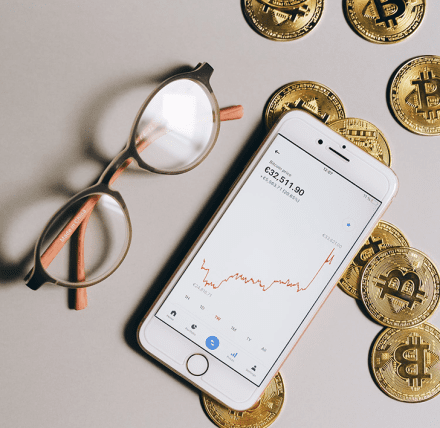


Cryptocurrency and IP – recent issues
Overview
Since the first cryptocurrency, Bitcoin, was released in 2009, digital currencies have become much more widely used and easily accessible. Apps such as Revolut now allow more people to invest in and track cryptocurrency which opens it up to a new category of amateur investors.
It has been widely publicised that cryptocurrency is extremely volatile and far from a safe investment. The massive drop in the value of Dogecoin is a good example of this volatility. However, there are thousands of cryptocurrencies available and the industry of crypto is burgeoning.
Nevertheless, as it becomes more popular, new scams inevitably develop. In 2021, $4billion was lost by investors in crypto due to “rug pull” scams. As the name suggests, rug pulls are where developers of new cryptocurrencies promote and push new currencies (including making artificial investments in those currencies only to dump that investment later) with a view to drawing in unsuspecting investors, only to then “pull the rug from under their feet”, withdraw the legitimate value in that coin due to its high investment at the time, and then disappear, leaving the investors with crypto coin that has no value.
One of the main ways in which these scams are successful is by using pre-existing or similar branding and intellectual property to add artificial legitimacy for that specific cryptocurrency. With the Dogecoin example, a trademark dispute arose in relation to Dogecoin after various other cryptocurrencies were created which sought to profit from the popularity of the first Dogecoin by using similar names and/or images. Although the first Dogecoin was created in 2013, its related trademark application was only filed in 2021. This is perhaps because this cryptocurrency began its life as a joke before gaining its current exposure. These trademark challenges might be from legitimate competitors, not necessarily scams, but the underlying IP in the coin itself is an important factor when issues arise.
Dogecoin is based on a meme of a dog looking quizzical. That’s it. Copyright could be argued to vest in that image alone, or from the associated memes, separate to any trademark in the actual coin itself. The popularity in the coin came from a number of factors (it was heavily assisted by celebrity endorsements, such as Elon Musk and Mark Cuban), but the essence of the coin was to illustrate that value in the form of currency can be placed in anything, including the jokey image of a dog. The IP that is associated with the coin is the driver of its popularity.
We have seen recently, in both Scotland and further afield, that the IP of well-known organisations, brands, artists or other holders of IP rights (be it copyright or the trade mark rights) has been illegally used by scammers in the crypto field to promote new crypto coins, with a view to achieving a scam such as a rug pull. The coin might be named after that recognisable brand or organisation, or linked to it in some other way. For instance, the name of a well=known sports team has been used to promote a coin, which might create artificial legitimacy in that coin, particularly for fans of that team, who might see it as being associated with the team itself.
It’s important to note that this article doesn’t discuss the use of NFTs (Non-Fungible Tokens), which are a separate issue altogether, one which requires its own article. For the meantime, in respect of cryptocurrencies, it is clear that we are going to continue to see a push by scammers or IP infringers to illegally use other’s IP to promote their crypto products.
About the author
RELATED
CONTACT US
Call us for free on 0330 912 0294 or complete our online form below for legal advice or to arrange a call back.